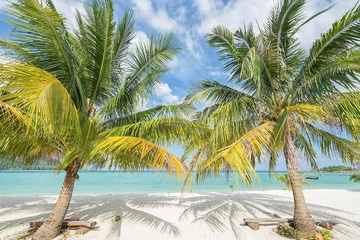It has taken the Cayman Islands government just over nine months to deal with a backlog of 1,200 applications for permanent residence filed by non-Caymanians.
The final tally of those applications shows 708 people were allowed to remain in Cayman for the rest of their lives. A further 528 were refused their initial requests for that status. A number of those applicants have since appealed the denials.
Although immigration officials dealt with the residency backlog in less than a year, many of the applications had already been delayed for more than two years after a moratorium was on hearings instituted because of legal concerns about the manner in which the Cayman Islands government was awarding points. It was thought the residency system adopted in late 2013 made it easier for non-Caymanians to remain.
Several applicants filed legal challenges requesting judicial review over the delays and shortly afterwards the Caymanian Status and Permanent Residency Board lifted the ban. More immigration staff were appointed and additional board meetings held to handle the workload.
It is likely the government will continue to face legal issues in the coming years over the system it uses to allow non-Caymanians to remain here. More than 200 applicants for permanent residence who were denied that immigration status since 2017 have filed challenges to those decisions, according to records obtained by a Freedom of Information request.
In addition to the existing appeals before the Immigration Appeals Tribunal which may potentially end up in the courts, the Cayman Islands Legislative Assembly may soon tackle the residency grant system in further amendments to the law. The government did change one significant aspect of the residency grant system in March 2017, giving all applicants a maximum number of points awarded for the jobs they hold, regardless of the job. Previously, the system assigned specific points to certain jobs based on their perceived importance to the Cayman Islands economy, a method Chief Justice Anthony Smellie called “prone to arbitrariness” in a judgment from 2015.




